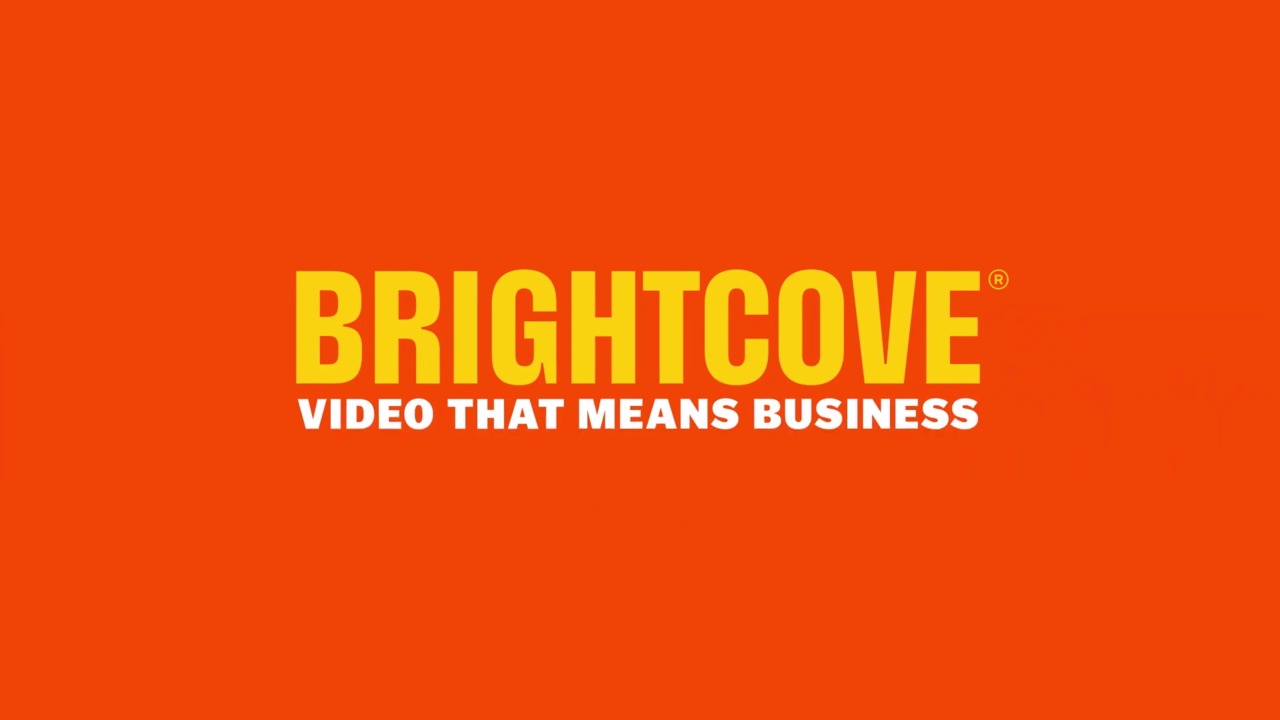
Earlier today, Fortune's new Brainstorm Tech site published a guest column by Brighcove CEO Jeremy Allaire, "Had I Been at Sun Valley," where he provides some friendly advice for the media industry. Here's an excerpt:
Earlier this month the media industry elite gathered in Sun Valley, Idaho, for the annual Allen & Co. pow wow, and there are plenty of interesting tidbits and threads coming out of the discussion. I thought it would be fun to pretend that I was there. Here's what I'd say to the old guard - some doom, some gloom, some rays of hope and a few prescriptions.
Your existing businesses are in an inevitable slide downward, and this will only accelerate and continue over the coming decade. Two thousand nine will widely be viewed as the "Year the Media Died," with a recod number of newspaper bankruptcies, closed magazine imprints, and sliding revenues from traditional TV and radio advertising.
Traditional local broadcast affiliates (TV and radio) will continue to see their audiences (and advertisers) erode. They’ll be the next wave of bankruptcies after the newspaper industry. More magazines will shutdown from shrinking audiences and sponsors.
For major broadcast networks (terrestrial/cable/satellite), viewership has held up well, but that model is changing, too, as consumers embrace video over the Internet. A wave of “over-the-top” consumer electronics that are connected to the Internet (from iPhones to Apple TVs, to new DVD players, to who knows what next) are going to bring on the inevitable tsunami that open Internet standards and protocols have brought to every major technology platform. There is no hiding from open Internet TV. This means end-users will be able to access any content, from anywhere, on-demand, and without a traditional cable/telco/DBS subscription. Distributors are fighting back with “TV Everywhere,” a patchwork solution that is more of a finger in the dyke.
The deeper reality is that consumers today have a lot more choice over how they are entertained, informed and engaged. For a huge number of people, that means hanging out on social networks, gaming sites, consoles, and other environments rather than consuming long-form video on TV, listening to the radio, or reading newspapers and magazines. That is a fundamental structural shift in how people use their time, and it spells less time spent on traditional national media products. That sucking sound you hear is the inevitable shrinking of the pie of attention.
It’s not all gloom and doom though. There are several things to focus on to help get past this structural change and prosper. Here’s a short prescription.
Continue reading "Had I been at Sun Valley" at Fortune Brainstorm Tech / CNNMoney.com

